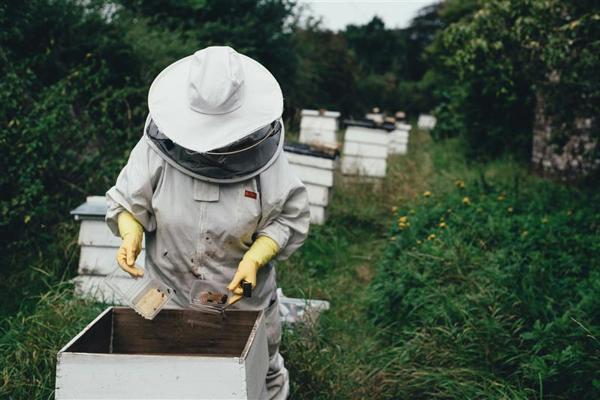Section 14(1) of the Housing (Scotland) Act 2006 ("2006 Act") outlines that the landlord must ensure that the house meets the repairing standard at the start, and at all times during, the tenancy.
A house meets the repairing standard if:
- it is wind and water tight and in all other respects reasonably fit for human habitation;
- its structure and exterior (including drains, gutters and external pipes) are in a reasonable state of repair and in proper working order;
- the installations for the supply of water, gas and electricity and for sanitation, space heating and heating water are in a reasonable state of repair and in proper working order;
- any fixtures, fittings and appliances provided by the landlord under the tenancy are in a reasonable state of repair and in proper working order;
- any furnishings provided by the landlord under the tenancy are capable of being used safely for the purpose for which they are designed;
- it has satisfactory provision for detecting fires and for giving warning in the event of fire or suspected fire;
- it has satisfactory provision for giving warning if carbon monoxide is present in a concentration that is hazardous to health; and/or
- it meets the tolerable standard.
The "tolerable standard" is separately defined in law, but in essence, it is the basic level of repair a house must be in for a person to live in (no dampness, structurally stable, connection to services, benefits from insulation etc.).
Under Section 12 of the 2006 Act the repairing standard applied to any tenancy of a house let for human habitation, other than houses let under an agricultural tenancy, tenancies of a house on a croft and houses let under small landholders' legislation, which were specifically excluded. This was due to the comprehensive statutory regimes that govern agricultural leases and crofts in respect of "fixed equipment" and "permanent improvements".
The Housing (Scotland) Act 2006 (Modification of the Repairing Standard) Regulations 2019, which came into force on 1 March 2019, has removed the exclusion of agricultural and crofting tenancy types, effective from 28 March 2027.
The consequences for landlords of agricultural holdings arising from this amendment are perhaps not too dire. Generally speaking, it is the responsibility of the landlord to provide and replace fixed equipment, and the tenant's responsibility to maintain. The repairing standard rules will effectively provide the agricultural tenant another avenue to pursue their landlord for the replacement of elements of their home which have come to the end of their useful life.
The consequences are more acute for crofting landlords who, from 2027, could find themselves under a legal obligation to bring their tenants' croft houses up to the minimum repairing standard. Historically, the croft houses which remain in tenancy were erected by the tenant (or their predecessors) themselves, and the landlord would have no legal interest or entitlement to the actual bricks and mortar, only the underlying land. It follows that the house is solely the Tenant's responsibility and the new Regulations introduce a potential liability to crofting landlords.
Arguably, crofting landlords could increase the rent to reflect the monies spent in pursuance of that or, should croft tenants then seek to purchase the site of their newly refurbished home, recover some of their "investment" through the sale price.
The full implications and consequences of the Regulations will likely only become known in 7 years' time, but if you are a landlord or tenant of an agricultural holding or croft, and would like further information on the possible impact this change may have to your holdings, please do not hesitate to be in touch with the Agricultural & Rural Property Team at Morton Fraser.
Related Insights
 Event
Event
MFMac is buzzing to sponsor the SBA Honey Tent at the Royal Highland Show which celebrates one of nature's vital workers.
We are proud to sponsor the Scottish Beekeepers’ Association and support the Honey Tent at the Royal Highland Show - an engaging platform that promotes pollinator awareness and celebrates Scotland’s beekeeping heritage. Our partnership reflects a shared commitment to environmental stewardship and community education.
 Article
Article
Natural capital and biodiversity - a Scottish perspective
On 21 March 2023, I presented at the Landed Estates and Farm Taxation Conference in London on the topic of 'Natural Capital and Biodiversity' alongside Ben Sharples. My remit was to offer the Scottish perspective, highlighting the differences between Scotland and England on certain areas.
Make an Enquiry
From our offices we serve the whole of Scotland, as well as clients around the world with interests in Scotland. Please complete the form below, and a member of our team will be in touch shortly.
